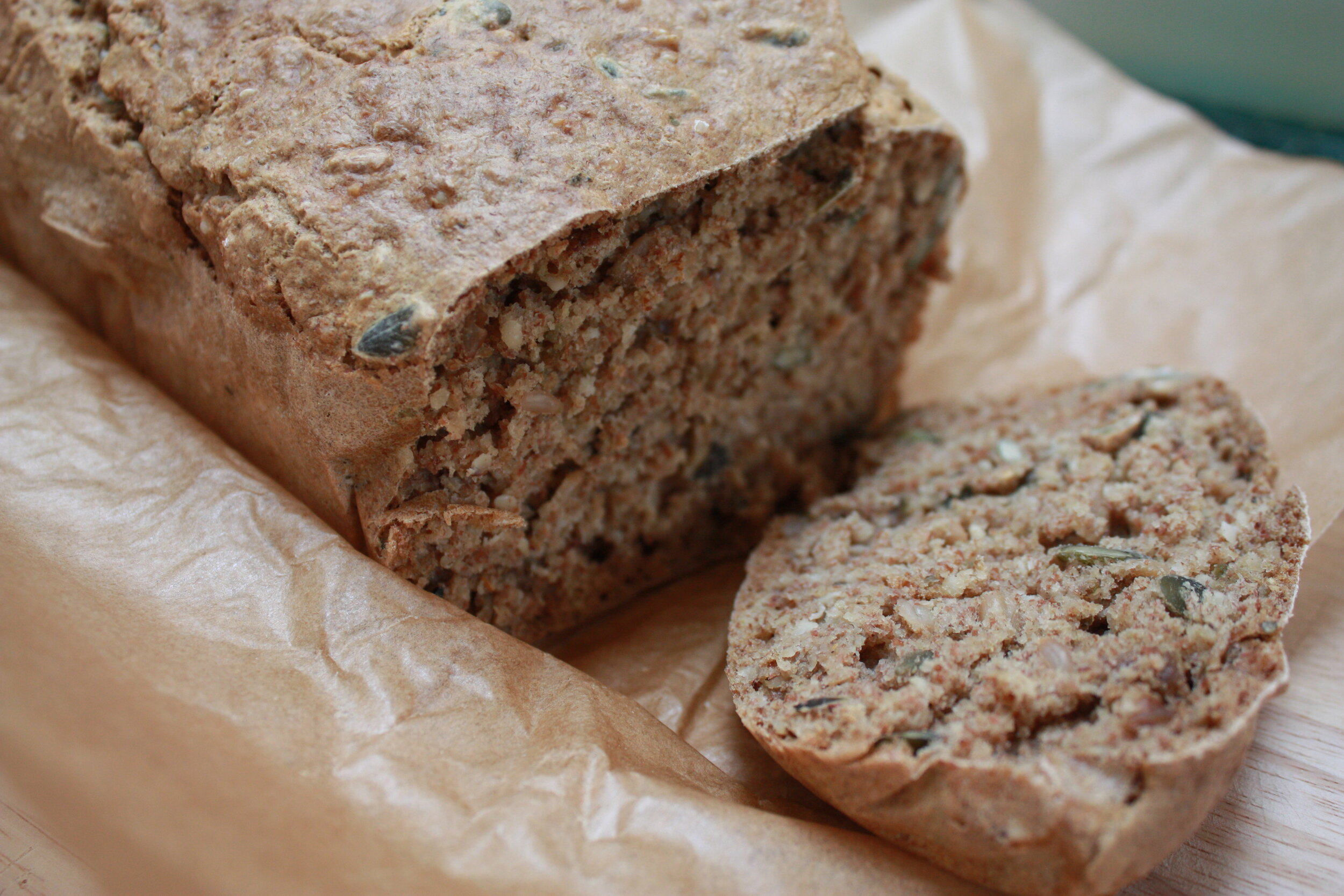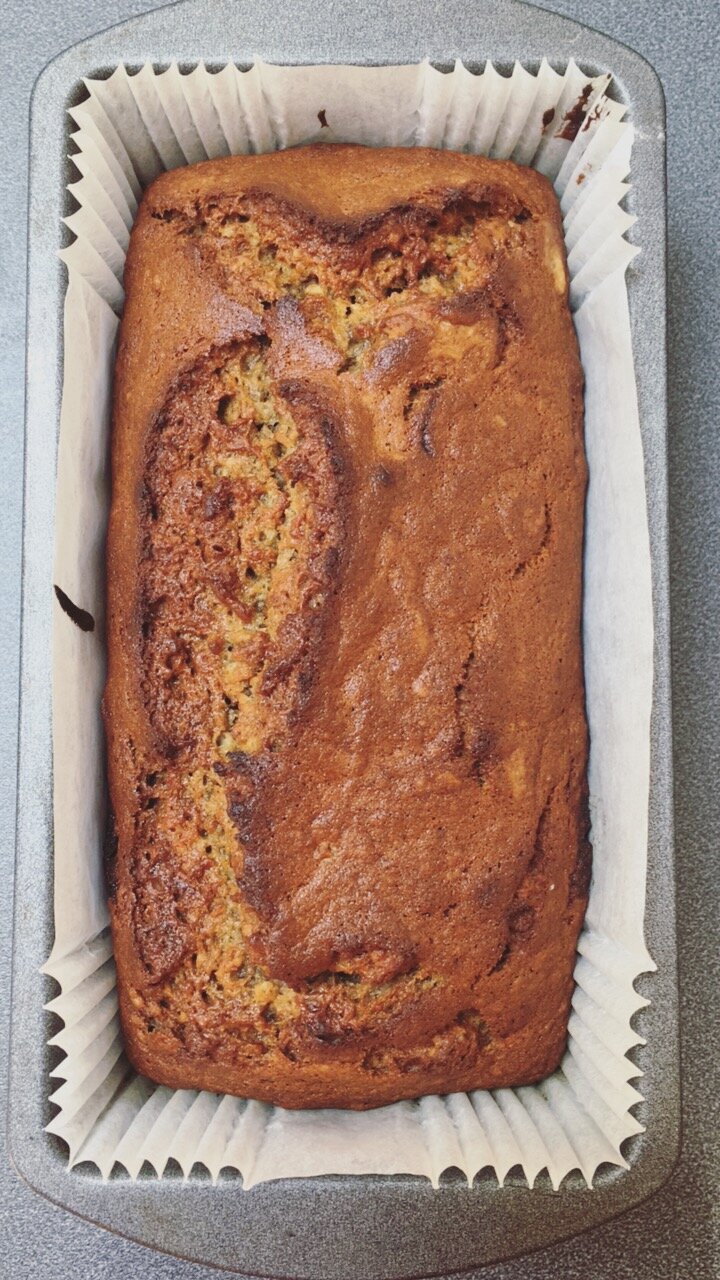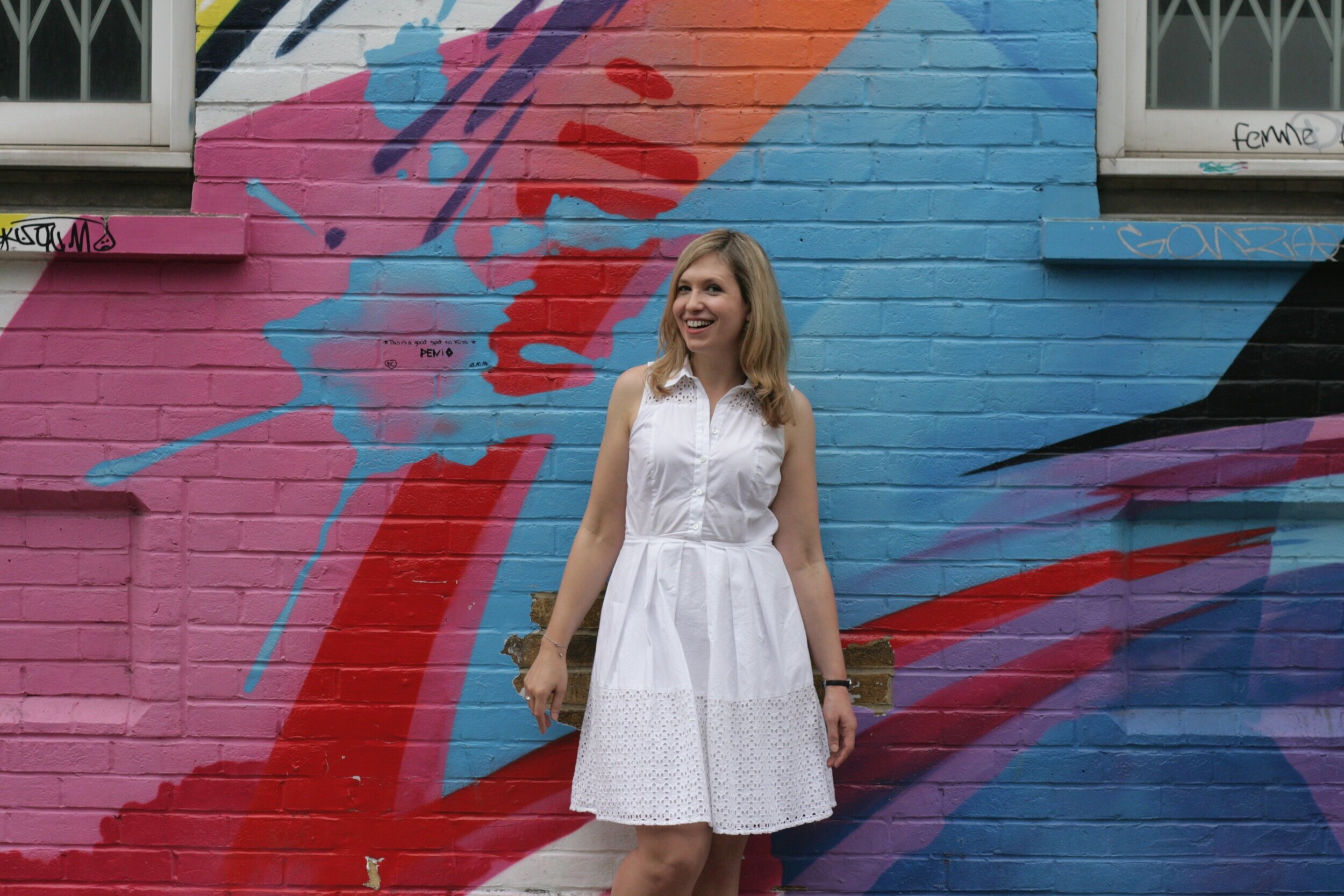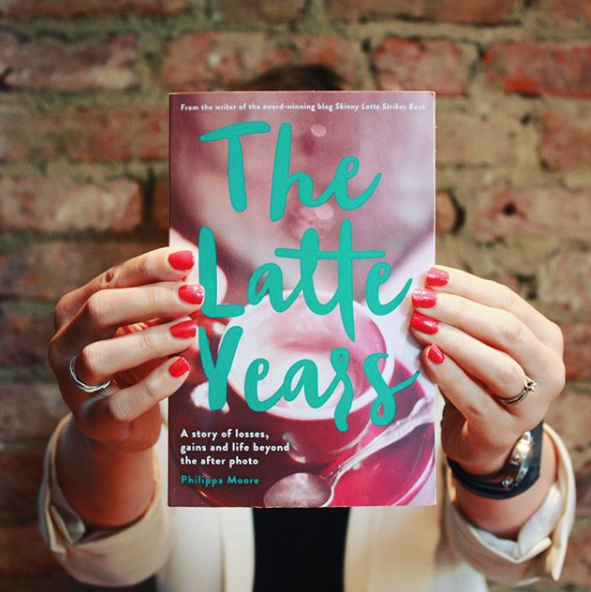Another year over, and another favourite reads of the year post to write! But at least I’m not writing this in February or, as I did one year, August.
2019 was a wonderful reading year for me where I made up for being away from Australia for nearly 12 years and gulped down literature I had heard about but not managed to get my hands on - and I have only just scratched the surface! I feasted heartily on fiction and non-fiction alike. According to Goodreads, I read 108 books in 2019 - I’m sure I missed logging a couple (and I haven’t logged any I’ve read for my studies) - and of those 108:
I won’t lie, I’m surprised and really disappointed in myself for the last one, especially with the countless amazing indigenous writers in this country. I honestly thought it was more than that, as the five I read had a huge effect on me and I thought about them a lot - but that is hugely disproportionate. I clearly need to up my game in this regard to read more widely and beyond my own world view. It is something I will be more conscious of this year.
It was, as always, hard to choose my favourites of the year but I narrowed it down to these 11.
My aunt gave me this book and also Normal People for my birthday. This was my pick of the two! It’s so compelling, thought-provoking and different. I was not the kind of 21-year-old that Conversations’ main characters are, but I was equally naive and self-righteous and this story about Frances, Bobbi and their “friends” brought it all back! All in all, it’s a very well-executed coming of age story and an interesting exploration of female friendships too. Rooney writes with the kind of restraint I can only dream of. Very worthy of the hype.
A worthy winner of this year’s Booker Prize - this is a magnificent book that deserves to win every prize it’s eligible for! Girl, Woman, Other shines a light on contemporary Britain in a way I’ve rarely seen in other books - other reviews have described it like a choir of different women’s voices, and I think that’s very accurate! It reads like a beautiful prose poem, with a cast of fascinating characters, all of whom have a story of either racism, prejudice, abuse, misogyny or poverty (often all of them) which they fight to overcome. The writing is so visceral and poetic - you are in these characters’ shoes, hearts, heads and beds. And you won’t forget them in a hurry.
I learned a lot reading this book, not just about issues I have been privileged not to experience firsthand but about humanity. This book is a perfect example of how fiction is often the perfect vehicle for the greatest concerns of our time.
A beautifully written memoir that you can see is actually trying to capture the feeling of memory, of remembering. The narrative is subtle in parts, but surprisingly revealing too. Andrea is a woman who owns her success but also her vulnerabilities. The story she shares in this book is mostly about what it’s like to not have your parents alive anymore, about the preciousness of life, and the desire to capture what you remember before you too are no longer here. If you’re a Corrs fan, you’ll adore it. But you’ll also enjoy it and be moved if you like to read memoirs that are a bit different and poetic. The Corrs’ last album Jupiter Calling has the same mood - trying to capture the beauty and pain of life in one container. Beautiful, and highly recommended.
This book was a much-needed companion in January 2019. Tom and I had been back in Australia for only a few weeks and I felt dazed and disoriented, like a time traveller. Not that we doubted the decision to move back here, not for a second, but the move brought up a lot of discomfort and a lot of things I hadn’t realised I still needed to face. Gemmell quotes Les Murray (being interviewed by Ramona Koval) quite early in the book - “I came back to go mad. That’s what you do if you’ve got old, unfinished business back in a place and you go back there, you’ll tend to deal with it. “ Oh how those words rang true.
In this book, Nikki Gemmell and her husband - Australians who had lived in the UK for over 10 years and now raising a young family - decide, after a series of life-altering events, that perhaps moving home is the answer. Nikki articulates so beautifully (better than I ever could) the ache for home, for the familiar, for space, for warmth, for family; and also the resistance and sadness when you start dismantling the home and life you chose and created for yourself, even though it doesn’t feel like home anymore. Nikki wants to give her children the carefree, idyllic childhood she had. And so they begin the process to return and decide to do a trial run, spending a few months in Australia with the children, enrolling them in schools, etc. Australia is still a wonderful place, and the children love it. But Nikki does find herself wrestling with what lies underneath Australia’s sun-drenched “she’ll be right mate” reputation - the ugliness of racism and overt nationalism, tall poppy syndrome, natural disasters - and has to consider whether the Australia she grew up in is now a thing of the past.
I felt so seen reading this book - the aspects of life in London that Nikki loved but that also drove her mad were also some of my biggest joys and frustrations; her yearnings for Australia were the same as mine, and the things that she found difficult and alienating when she returned have also been some of my experiences. It’s a nostalgic but honest and (as always) beautifully written book. Highly recommended for any returning expat!
I was not expecting this to be one of my reads of the year, but on reflection it simply had to be. In 2018 I listened to an interview with Osher where he confessed to working on edits of this book in the cab to the studio! The interview was fascinating so when I saw the book at the library last summer I was curious to give it a read.
I wasn’t prepared for how compelling a book it is - this is honest, frank and brave writing. While some of Osher’s decisions and aspects of his lifestyle are not always easy to empathise with, many of the insights he has on his road to redemption I found very relatable.
I had tears in my eyes when he writes about reclaiming a sense of identity through changing his name. His stability and sense of worth have certainly been hard-won. This excellent, compulsively readable book shines a bright light on mental illness and works hard to dispel the stigma around it. It’s a very important book and one I am still thinking about nearly a year later.
In my attempt to read all the books on the Stella Prize longlist, I picked this one up in March last year - by the end of 2019 it was still one of the best books I’d read all year. This is a stunning collection of essays about life, chronic illness, friendship, love, family, animals, travel and belonging - and particularly the need to feel at home, in many senses of the word. I absolutely loved it and it made me seek out and read all of Fiona Wright’s work, particularly her poetry. She’s a wonderful writer.
Charming, funny and uplifting, The Woman Who Wanted More is a wonderful read from a talented writer. It is a celebration of food and female friendship, full of insights about life, the choices we make and the effect those we encounter have on us. Heartbreak is always best remedied with food and with good friends, and this book shows why. It's an empowering reminder that life is full of opportunities, once we are open to them. And that admitting you've failed is "not really failure; it's the first step towards the future". Highly recommended!
A very relatable story about loss, grief, guilt, redemption, family and community. I could barely put it down - one night I just kept reading until the battery on my Kindle died. The characterisation is superb, I particularly liked Sarah, the court-appointed lawyer. The descriptions of Melbourne are spot on - I spent a lot of time in the parts of the city where the novel takes place and it was a pleasant trip down memory lane, despite the sadness of the story. Compulsive and moving reading, I highly recommend it.
I am yet to read a Dorothy Whipple book that I don’t declare magnificent - she is a simply wonderful writer and probably one of the twentieth-century’s most under-appreciated. The main story of The Priory takes place around the crumbling estate of Saunby, which has been in the family for generations but now being run into the ground by Major Marwood whose main priority in life is cricket. He is reluctant to spend money on anything else, including his two grown daughters Christine and Penelope (who still live in the estate’s nursery!) and his spinster sister, Victoria. All of this changes when the Major decides it’s time he remarried. His new wife, Anthea, is determined to get her new home into some sort of order and does away with many relics of the estate’s former life - including the hapless cook Mrs Nall and the Major’s beloved cricket - and, finding herself pregnant with twins (to the Major’s great horror), decides Christine and Penelope must leave the nursery and engages a no-nonsense nanny Nurse Pye (reminiscent of Sister Evangelina in Call the Midwife!) to come and live with the family and help her with the new babies. Christine and Penelope are aghast and actively look for ways they might be able to escape. Unfortunately, as they didn’t have much of an education and therefore have little chance of getting decent jobs to support themselves, their only option is to get married themselves.
Behind the scenes - or below-stairs - are the lives of the servants at Saunby, equally interesting and full of drama. There’s a love triangle between the Major’s right-hand man Thompson, a former professional cricketer, and the two maids, sweet and sunny Bessy and the manipulative Bertha, which plays out very dramatically!
It’s a fascinating novel and entirely absorbing. I love Whipple’s stories for their remarkable insights into human nature and observations about the changing nature of life, and The Priory is no exception. It’s a treat to see the characters grow and change too as they adapt to their altered circumstances - some characters start off as admirable, earnest and well-meaning but turn out to be very selfish, and vice versa. This novel also explores the lack of options available for women at the time - if a marriage did not eventuate or, even worse, failed, things really could get very desperate (and indeed they do for some women in this book). I loved the ending, as it was so hopeful, though it was also tinged with sadness, knowing that the Second World War was just around the corner.
Of her three novels, I think this is Jessie Burton's finest and the one I have most enjoyed so far. It's an intimate, intelligent and compelling novel that explores the lives of several different women. It takes place across two timelines - the early 1980s in London, LA and New York, and 2017-18 in London. The characters are well-drawn, believable and tender - Connie, in particular, is brought to life very well, I had visions of Eileen Atkins playing her in a TV adaptation if it goes that way! - and though it's an emotional and absorbing tale, there's also a lot of humour. Rose's nice enough but ultimately ineffectual boyfriend Joe with his burrito business Joerritos, for example, and the emotional strain of spending Christmas in the middle of nowhere with your strange in-laws!
While ultimately there is one big confession which the story builds towards, The Confession actually contains many of them. So many of the characters aren't telling the truth, to others or to themselves. But it is possible, they discover, to free yourself from the ghosts of the past. New beginnings are always possible - but you have to choose them. I actually found more sage life advice in the pages of this novel than I did in some motivational books I read last year. This is a novel I can see myself rereading, and I don't say that often.
Bruny by Heather Rose
Another magnificent novel from Heather Rose - she never disappoints. I highly recommend reading the the prologue of this book with Ludovico Einaudi’s “Uno” on the stereo - it wasn’t a deliberate pairing on my part, but an accidental one, and it only heightened the tension evident in the first few pages! Bruny is quite a departure for Heather Rose in terms of subject matter - this is a political thriller about the smoke and mirrors world of modern governments and overdevelopment - but it also delivers what she’s always done best. And as a recently returned Tasmanian, I had a good laugh at the digs she makes at this state and its inhabitants (they are so true)! Bruny is a dystopian family drama that will make you think and probably weep. The world in it is all too recognisable. Most of all, it is a plea to us all to fight to protect the places we love.
***
So, reading goals for 2020 - try to do some non PhD reading (hard but essential for the maintenance of sanity) and read more widely. More diverse writers, more indigenous Australian writing. More poetry. I want to be challenged. If you have any recommendations, please let me know in the comments.
As always, I’d love to hear your favourite reads of the last year too!
PS: As I mention every year, any links to Amazon are affiliate links. This means if you click on the link and end up making a purchase, I get a small commission. Many thanks for your support xx









